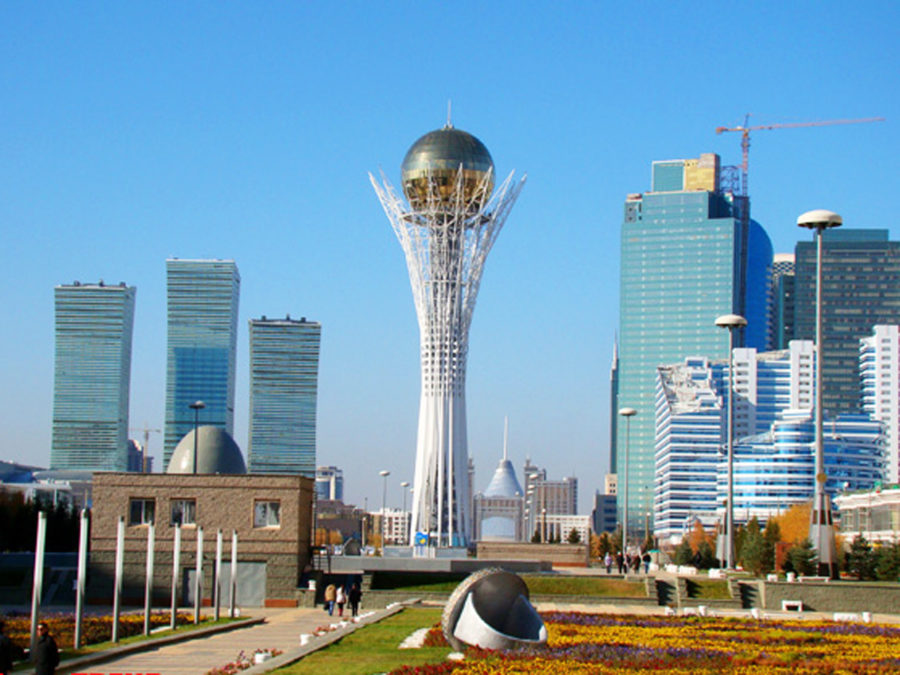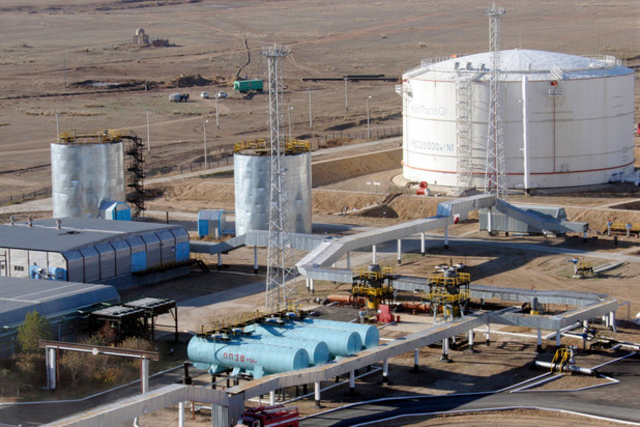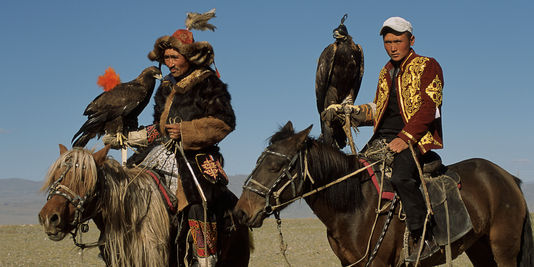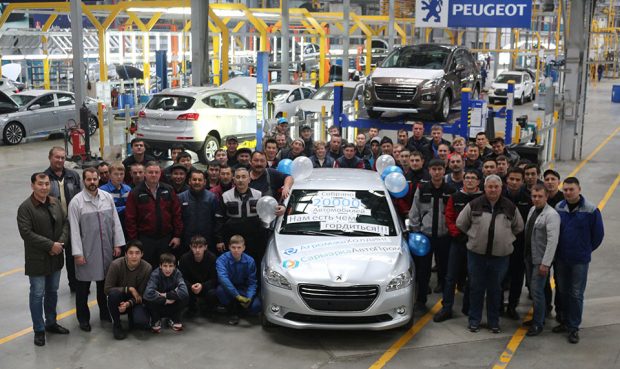




If curiosity were to lead you to a Google search on Kazakhstan, you would probably end up reading about the arrest of 6 Hungarian tourists in Borat outfits (low-cut green underwear), the elimination of Kazakhstan from the Football World Cup, or the project of abandoning the Cyrillic alphabet for the Latin one.
You will also discover that Astana (the capital of the country, whose name changed to Nursultan in March 2019) hosted the international exhibition around the “Energy of the future” with around 4 000 000 visitors.
So, should we skip by this “exotic” country that we hear so little about? Definitely not.
Kazakhstan, a country with high potential
 This former Soviet republic, which became independent in 1991 when the Communist Bloc exploded, is now growing exponentially, so much so that it has the most powerful economy in Central Asia. The economy is boosted by the exportation of hydrocarbons and ores (2% of world petrol reserves, and significant reserves of iron, manganese, charcoal, and more). But Kazakhstan aims at diversifying its activities by targeting innovation, green economy, or industrial production.
This former Soviet republic, which became independent in 1991 when the Communist Bloc exploded, is now growing exponentially, so much so that it has the most powerful economy in Central Asia. The economy is boosted by the exportation of hydrocarbons and ores (2% of world petrol reserves, and significant reserves of iron, manganese, charcoal, and more). But Kazakhstan aims at diversifying its activities by targeting innovation, green economy, or industrial production.
The privatization of the economy is speeding up, opening up vast possibilities for investors. The latest development is the installation of two production plants for commercial vehicles and SUVs in 2018 by UAZ.
Now is the right moment to get to know Kazakhstan better. This country’s ambition is to be part of the TOP 30 World economic powers by 2050. Future expats, investors, or travelers must also prepare for potential culture shock.
Kazakhstan: a multi-faceted country
 Located in Central Asia, south of Russia and North-East of China, Kazakhstan is 5 times bigger than France and has 16 000 000 inhabitants.
Located in Central Asia, south of Russia and North-East of China, Kazakhstan is 5 times bigger than France and has 16 000 000 inhabitants.
Almaty (Alma-Ata), the former capital and second city of the country after Astana, is a historical and cultural city, full of contrasts. The old and new are juxtaposed and are reflected in the architecture. Tradition mingles with modernism (large four-wheel drive cars as well as local bicycles). You can find a sumptuous orthodox church, full of happy believers on Sundays, not far away from the mosque behind the “Zelioni Bazar” (the Green Bazar, a souk when you can find absolutely everything!) Gastronomy is diverse: fine cuisine and “junk food” are found side by side in the same neighborhood. The first MacDonald’s restaurant opened on Tole Bi (one of the largest boulevards) next to exquisite and affordable Chechen, Georgian, and new look restaurants.
A Cultural Patchwork
 Kazakh (an agglutinating Turkish-Mongolian language) and Russian, more commonly spoken in the north of the country, are the official languages. They cement a patchwork of peoples such as Uighurs, Chinese, Khazars This mixture of Slavic and Asian values is particularly interesting. It also encompasses a deep feeling of national pride.
Kazakh (an agglutinating Turkish-Mongolian language) and Russian, more commonly spoken in the north of the country, are the official languages. They cement a patchwork of peoples such as Uighurs, Chinese, Khazars This mixture of Slavic and Asian values is particularly interesting. It also encompasses a deep feeling of national pride.
The dominant religion is Islam (nearly 70%), generally a moderate and open Islam, followed by the Christian Church (mainly Orthodox) which represents more than 26% of the population. All faiths are present.
Social traditions are still very much alive. We can cite those relating to weddings, or even stronger, those relating to the three hordes or zhuz (the Big, the Medium, and the Small one). Nomadism has little by little been dissolved, but the collectives are still present. Appearances are important and influence people’s choices.
Those are all aspects that should be taken into account when a French manager is sent to Kazakhstan.
Preparing French Managers for Kazakh Culture
 France ranks third among foreign investors in the country, behind the Netherlands and the United States, and is active in numerous industrial sectors Many Kazakhs are Francophiles, French is often appreciated and can be learned from kindergarten. Nevertheless, our managers must be prepared to face managerial practices inherited from the Soviet era.
France ranks third among foreign investors in the country, behind the Netherlands and the United States, and is active in numerous industrial sectors Many Kazakhs are Francophiles, French is often appreciated and can be learned from kindergarten. Nevertheless, our managers must be prepared to face managerial practices inherited from the Soviet era.
Bureaucracy is particularly heavy. Be prepared to have a series of paperwork to sign when on assignment, even short ones. Diplomas and education are valued, so you should deliver certificates on any occasion, be it a training or a contest. You also have to abide by the norms and customs agreed upon. There will be no exceptions. And they may tell you this in an abrupt way. You will need to be careful in the way you word things and present yourself to avoid offending your counterparts.
The Soviet Influence
The Soviet era left a mark of rigor and discipline. It can be observed in Kazakhstani companies. Organizations remain highly hierarchical. The boss’s power is almost absolute and it is impossible to bypass him. It is also advisable to negotiate with people on the same hierarchical level or business might not happen.
As certain clans and tribes in Africa did, hordes helped shape how people function in society. They influence relationships in general (cooptation, family promotion…). Networks are key and Kazakhstanis prefer doing business with people they know. The objective is, therefore, to be as charismatic and professional. You should get to know your partners well and develop trust. This also implies that the French (or foreign) managers must mix their personal and professional lives They should be ready to answer personal questions, for instance regarding family. This is typical of high context and polychronic countries. Time is flexible, patience a must.
A Dose of Common Sense
To conclude, we have to remind you that you will need a dose of common sense and humility to successfully do business in Kazakhstan. Protocol and etiquette are compulsory. Topics like history, politics, or religion are to be alluded to with care. And typical French humor must be handled with great caution.
Did this article interest you ? Would you like to develop a language and intercultural coaching program ? Contact us !
